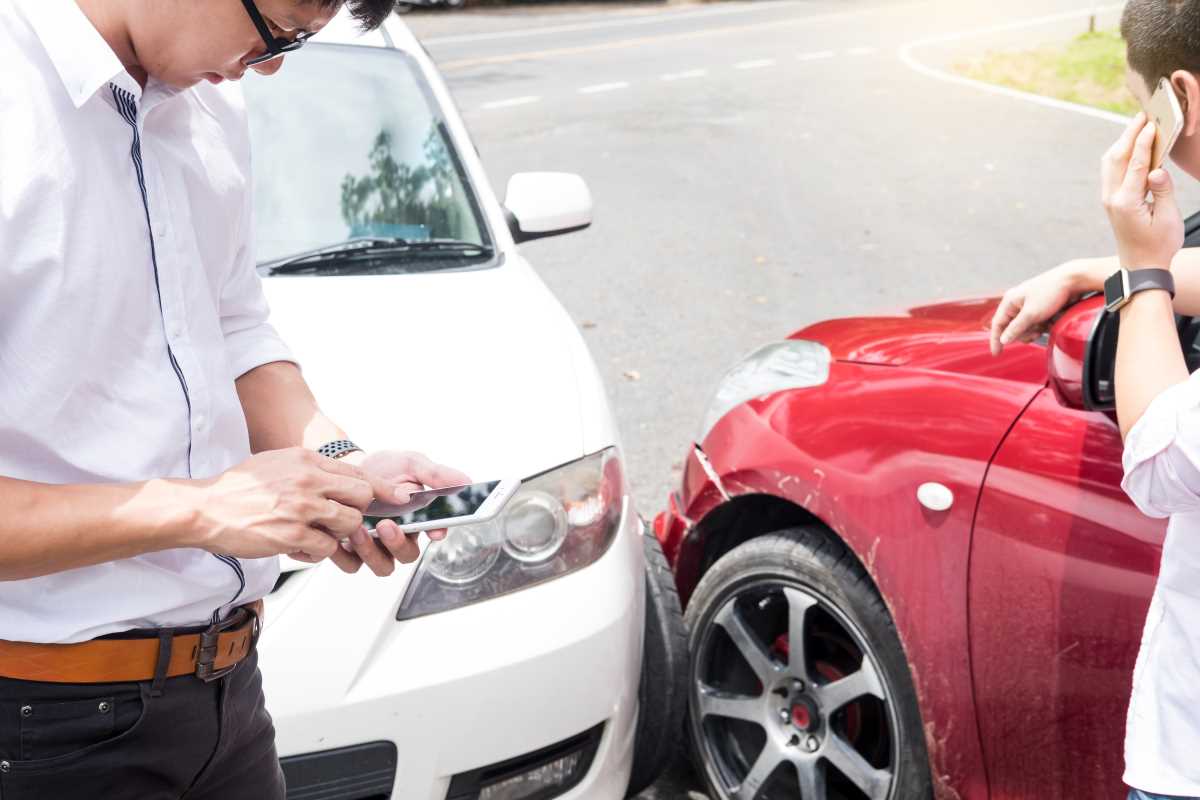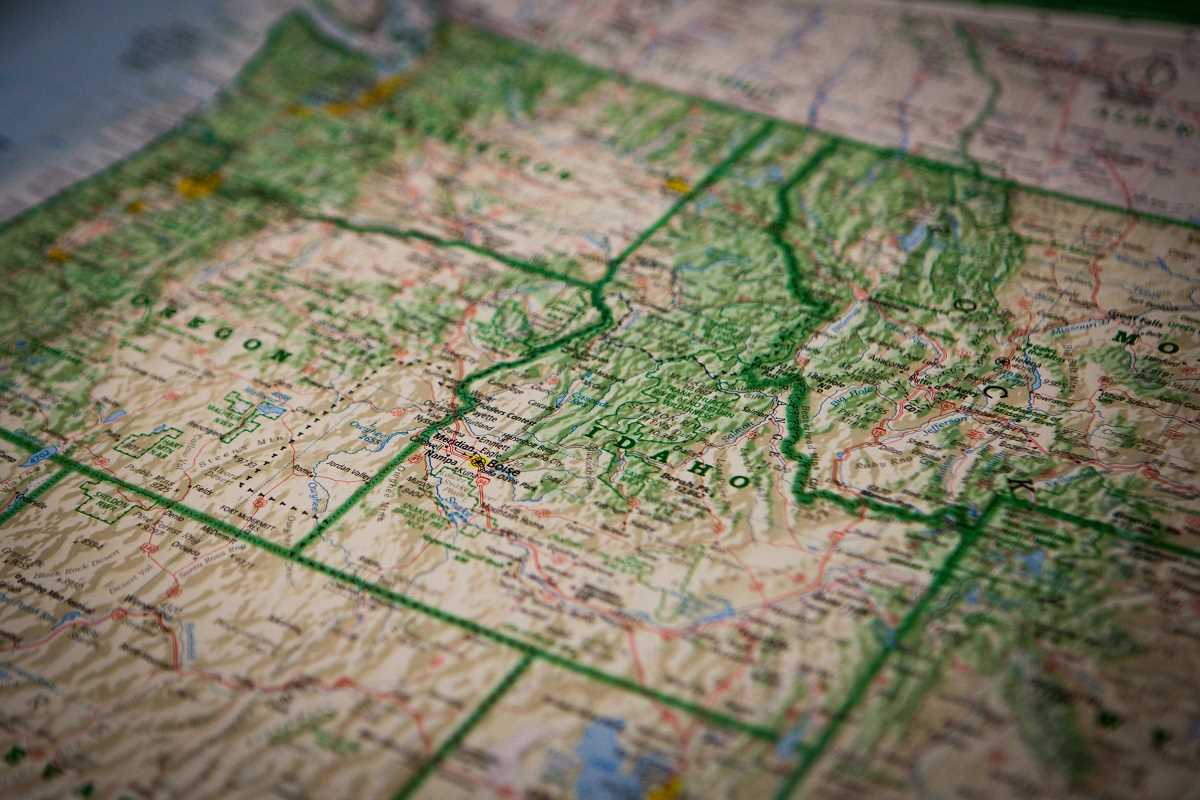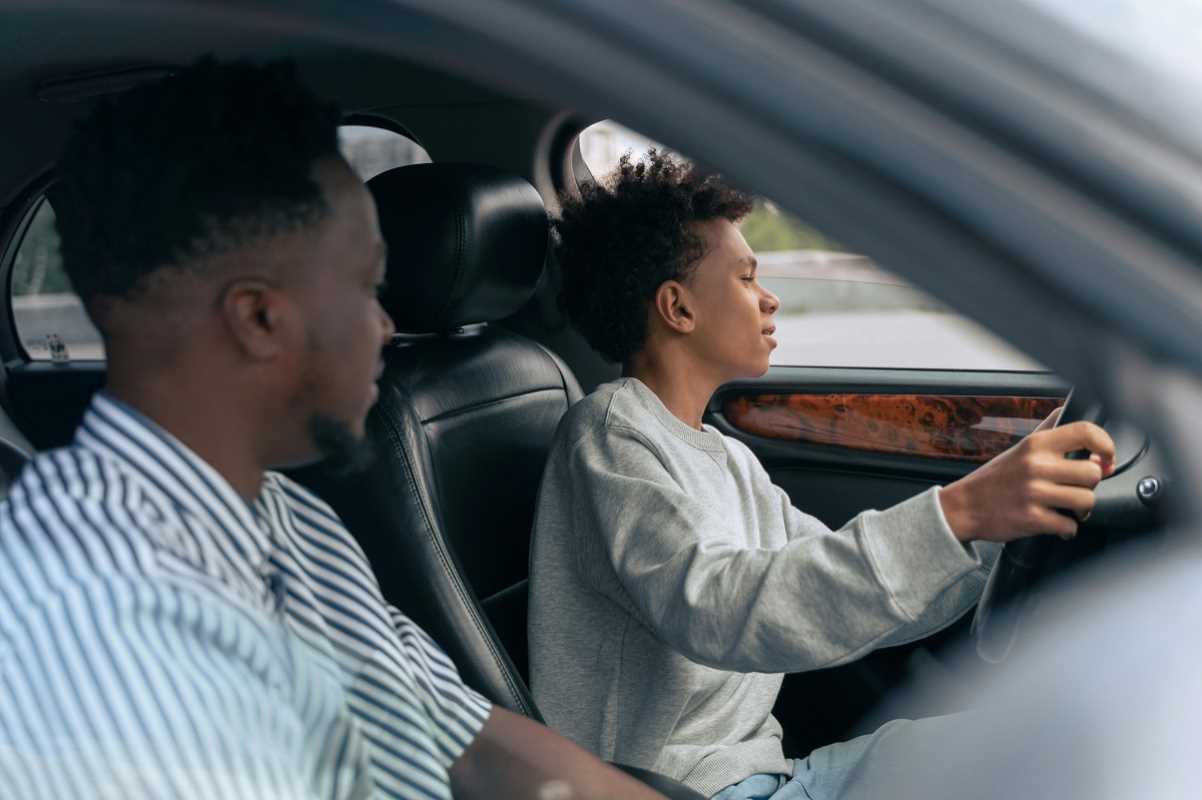Car accidents can be overwhelming, whether it’s a small fender bender or a major crash. Knowing what to do in the moments following an accident can help keep you safe, ensure everyone involved is taken care of, and protect you from potential legal and insurance complications. This guide will walk you through the most important steps to take immediately after an accident.
What Should You Do Immediately After the Accident?
The moments after an accident can be chaotic, but staying calm is key.
- Stop Your Car: It’s important to stop your car, no matter how minor the accident. Leaving the scene is illegal in most states and could result in severe penalties.
- Turn on Hazard Lights: Use your hazard lights to alert other drivers, especially if you’re in the middle of the road or during low-visibility conditions.
- Take a Deep Breath: Composure is essential to handle the situation effectively. Avoid making sudden decisions and focus on assessing the scene.
Pro Tip: Keep an accident checklist with your insurance and registration documents in your glove box to help you stay organized.
How Do You Ensure Everyone’s Safety?
Your first priority after an accident is everyone’s safety, including your own.
- Check for Injuries: Evaluate yourself, your passengers, and others involved for injuries. Even if injuries seem minor, like soreness or dizziness, they should not be ignored. Internal injuries may not show symptoms right away.
- Call Emergency Services for Injuries:
- Dial 911 if there are any injuries, serious vehicle damage, or if someone is unconscious. Provide clear details to the emergency operator.
- Move to a Safe Location: If the car is drivable and there’s minor damage, move it to the shoulder or a safe area nearby. If the vehicle isn’t functional or it’s unsafe to move, stay where you are, but be cautious of other traffic.
Safety Tip: Stay inside your car with the seatbelt fastened if the area around the accident is unsafe, such as on a busy highway.
When Should You Call the Police?
Calling the police is often a critical step in handling an accident.
- When to Call:
- If there are injuries.
- If vehicles are severely damaged.
- If the other driver refuses to cooperate.
- If the accident blocks traffic.
- What to Do When They Arrive: Provide an accurate account of what happened without speculating or admitting fault.
- Ask for a Report: Request a copy or report number for your records. This is especially important for insurance and legal purposes.
Reminder: Even in minor accidents, a police report can help prevent disputes later on.
What Information Should You Exchange With the Other Driver?
Gathering key details from the other driver helps streamline the insurance process.
- Essential Information to Collect:
- Full name and contact information.
- Insurance company name, policy number, and contact details.
- Driver’s license and license plate number.
- Make, model, and color of their vehicle.
- What Not to Do:
- Avoid discussing fault or apologizing. Simply stick to the facts when exchanging information.
Use your phone to snap a photo of the other driver’s license, registration, and insurance details for accuracy.
How Do You Document the Accident?
Proper documentation ensures you have a comprehensive account of the incident.
- Take Photos:
- Capture images of the following:
- Damage to all vehicles involved.
- License plates.
- Road conditions, traffic signs, and skid marks.
- Injuries, if visible.
- Capture images of the following:
- Write Down Details: Note the time, date, and location of the accident. Include descriptions of weather, traffic conditions, and the events leading up to the collision.
- Gather Witness Information: If someone witnessed the accident, ask for their name and contact information in case your insurance company or attorney needs their statement.
Use your phone’s voice recorder or notes app to capture verbal observations on the spot.
Should You Move the Vehicles or Leave Them?
When and how to move your vehicle depends on the severity of the accident and traffic conditions.
- Minor Accidents: If no one is injured and the damage is minimal, move vehicles to the side of the road to prevent blocking traffic.
- Significant Damage or Injuries: Leave the vehicles where they are for police and emergency responders to examine the scene unless it’s unsafe to do so.
Never push a vehicle by yourself while on a busy road. Wait for assistance or emergency personnel.
What Should You Avoid Saying After an Accident?
While clear communication is important, some statements can complicate the situation.
- What Not to Say:
- “It was my fault.”
- “I didn’t see you.”
- “I’m fine” (if you’re unsure whether you’re injured).
- Why to Avoid Certain Phrases: Admitting fault or downplaying damage could be used against you during the claims process. Focus on collecting information rather than sharing opinions.
Stick to facts when answering police or insurance questions to avoid misinterpretations.
When Should You Notify Your Insurance?
Contacting your insurance company promptly is essential, even if you’re unsure about filing a claim.
- When to Report: Report the accident as soon as you’re in a safe, calm environment. Delaying notification could complicate your claim or result in a denial.
- What Insurance Will Ask For:
- Policy number.
- Details about the accident and involved parties.
- Photos or written documentation you’ve prepared.
Avoid committing to a settlement amount in your initial discussion with insurance. They may need more details before finalizing a claim.
What Should You Do If the Other Driver Isn’t Cooperative?
Unfortunately, not all drivers handle accidents responsibly.
- What to Do If They Refuse to Share Information: Stay calm and avoid escalating the situation. Gather as much information as possible, such as their car’s license plate number and a description of the vehicle.
- Call the Police: Law enforcement can mediate and ensure you have the necessary details for your report.
Reminder: Don’t chase after the driver if they try to leave the scene. Instead, record any identifying details and provide them to the police.
Why Is Following Up Important?
Even after leaving the scene, there are steps you should take to ensure everything is handled properly.
- Review Your Notes: Organize all the documentation you’ve collected.
- Check on Your Health: After the adrenaline from the accident subsides, you may notice delayed injuries. Visit a doctor if you experience pain or discomfort.
- Verify Insurance Details: Confirm that all exchanged information, including policy numbers and contact details, is accurate.
Follow up with your insurer to stay informed about the claims process and any next steps.
 (Image via
(Image via





